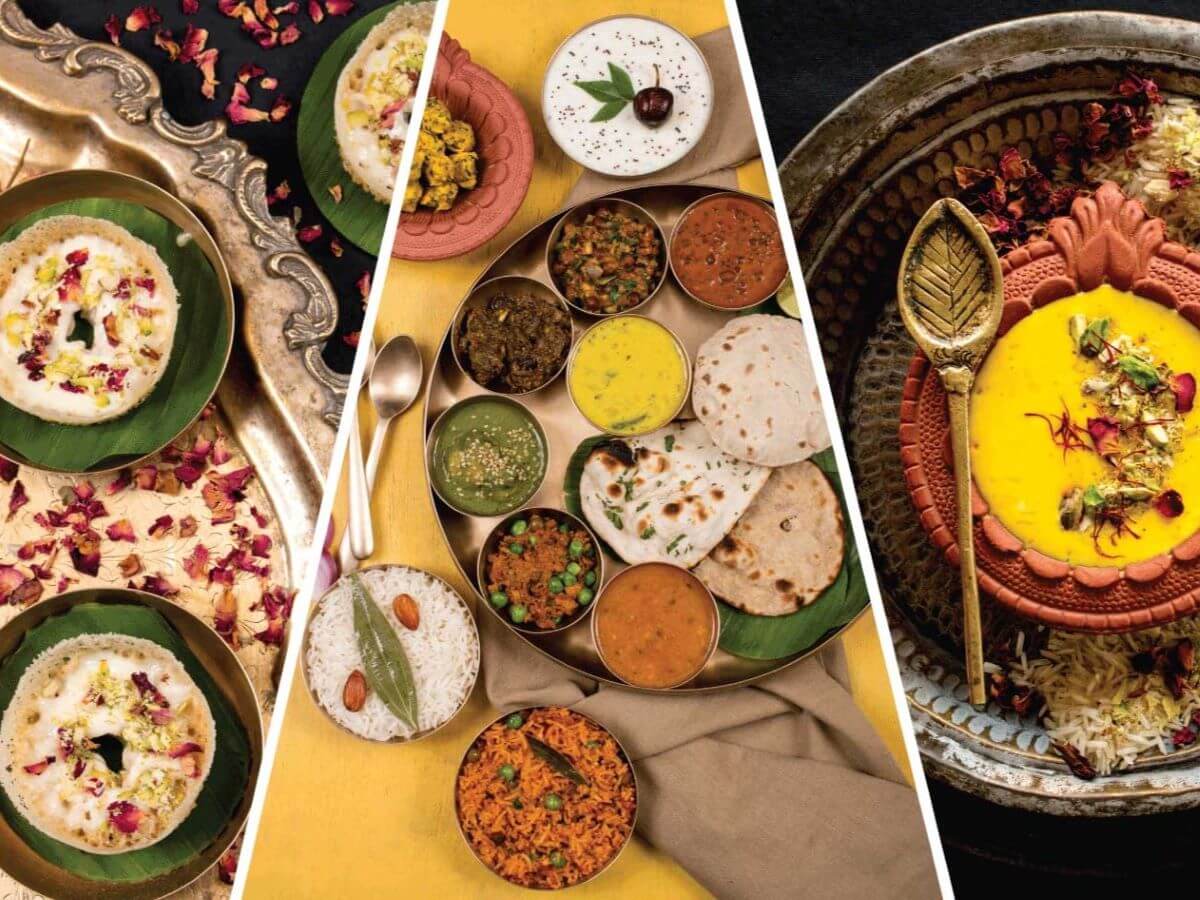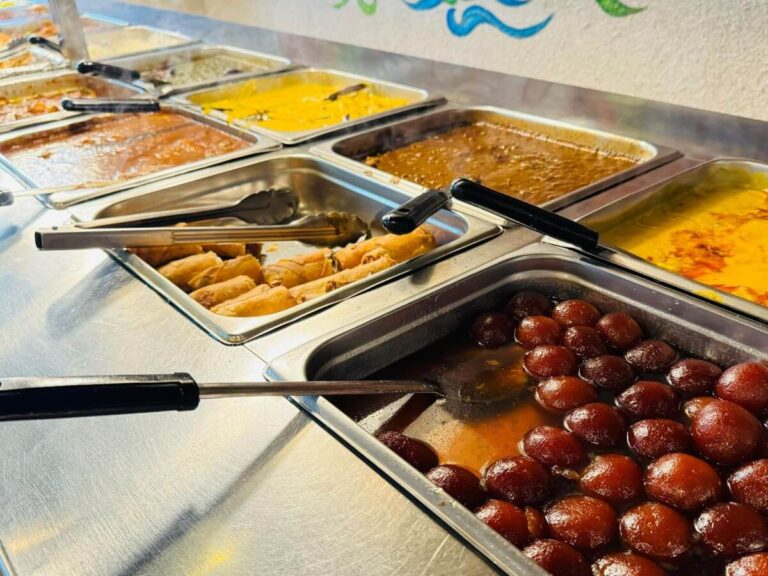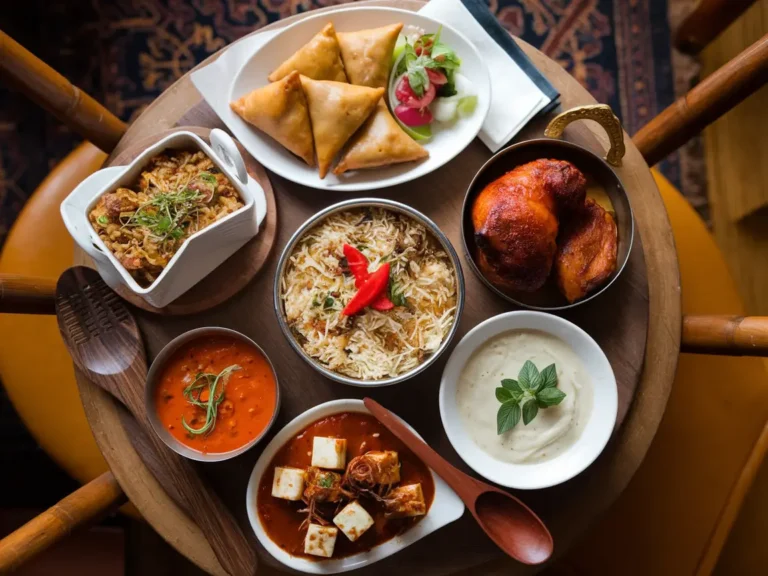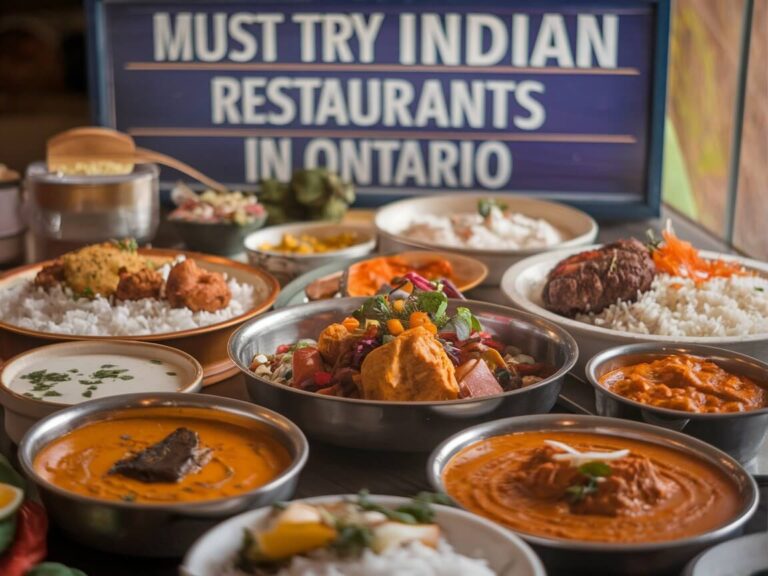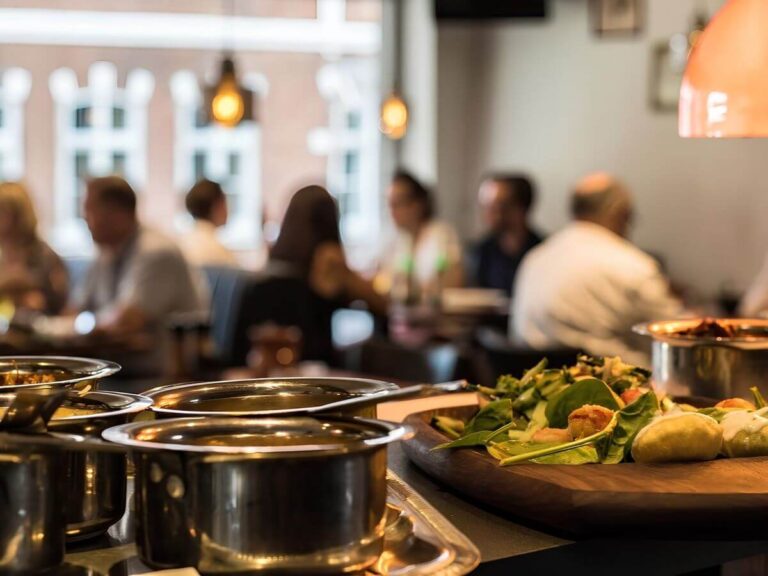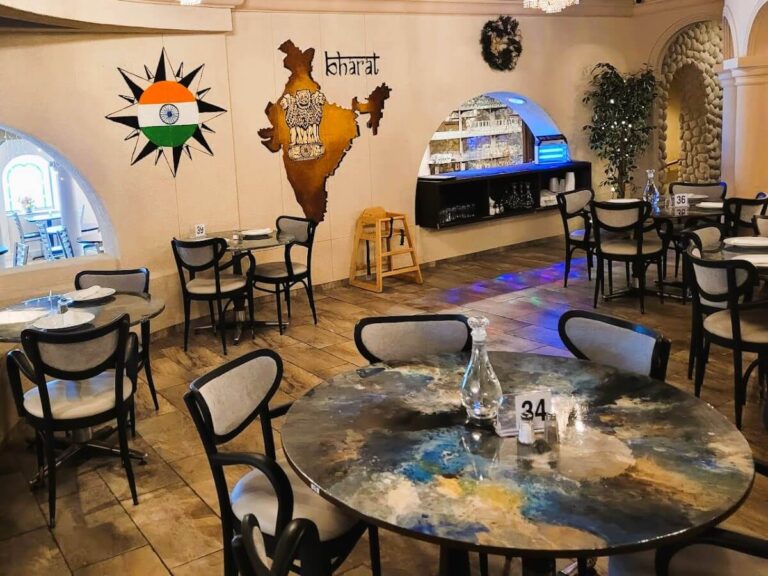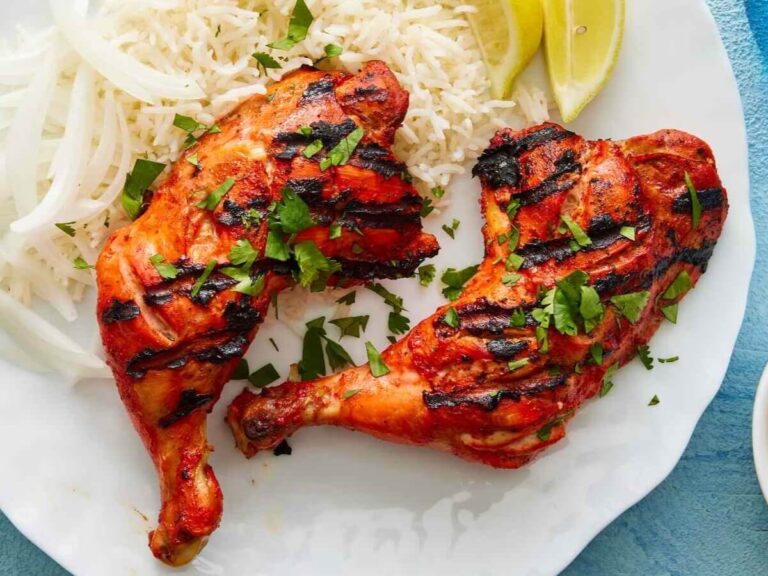History of Indian Cuisine: A Journey Through the Ages
Indian cuisine, a vibrant tapestry of flavors and aromas, boasts a rich history that stretches back millennia. From ancient trade routes to the influence of diverse cultures, Indian food has evolved into a unique culinary art form. Today, at Indian Swaad, the best restaurant in Windsor, we invite you on a voyage of Indian cuisine through the ages.
Early Influences: Spices and Staples (3000 BC – 1st Century AD)
The Indus Valley Civilization, flourishing around 3000 BC, laid the foundation for Indian cuisine. Evidence suggests the use of staples like wheat, barley, and lentils, forming the base for many dishes to come. Trade routes with Persia and Mesopotamia introduced spices like turmeric, cardamom, and black pepper, laying the groundwork for the complex spice blends that define Indian food today.
The Rise of Empires and Culinary Exchange (1st Century AD – 18th Century AD)
The Mauryan Empire’s reign (322 BC – 185 BC) saw the introduction of rice cultivation, a game-changer for Indian cuisine. Trade with the Roman Empire further diversified the spice palette with the addition of cumin and coriander. The arrival of Islam in the 7th century AD brought influences from the Middle East. This lead to the introduction of meat dishes like kebabs and curries. The Mughal Empire (1526 AD – 1857 AD) further enriched Indian food with a focus on rich stews, creamy sauces, and the use of dried fruits and nuts.
Regional Variations and Colonial Influences (18th Century AD – Present)
India’s vast geography and diverse cultures have led to a multitude of regional cuisines. For instance, the coastal regions of South India, with their access to coconut and seafood, boast lighter curries with a focus on sour flavors. North Indian cuisine, influenced by Mughal rule, features richer gravies, flatbreads like naan and roti, and a heavier use of meat. British colonialism in the 18th and 19th centuries left its mark with the introduction of ingredients like potatoes and chilies.
The Modern Era: Global Recognition and Innovation (20th Century AD – Present)
The 20th century saw Indian cuisine gaining global recognition. Restaurants serving Indian food began popping up around the world, including in Windsor itself. Today, Indian chefs are constantly innovating, adapting traditional recipes for modern palates while staying true to their culinary heritage. Fusion cuisine takes center stage, with Indian flavors finding their way into dishes from other cultures.
A Legacy of Flavor: Indian Cuisine Today
Indian cuisine is a testament to the rich cultural tapestry of India. From the ancient spice trade routes to the diverse regional influences, every dish tells a story. At Indian Swaad, we strive to celebrate this legacy by using authentic ingredients and time-tested cooking methods. We have a passion for bringing you the very best Indian food in Windsor. So, the next time you visit us, remember that you’re not just indulging in a delicious meal – you’re embarking on a historical and cultural journey through the vibrant world of Indian cuisine.
Photo by: Samaroh

